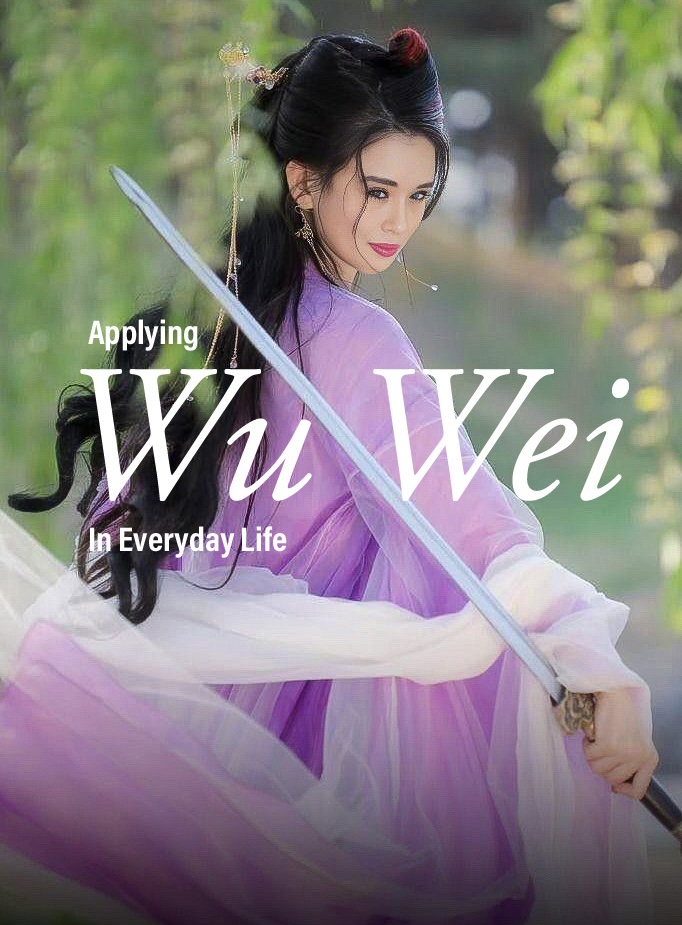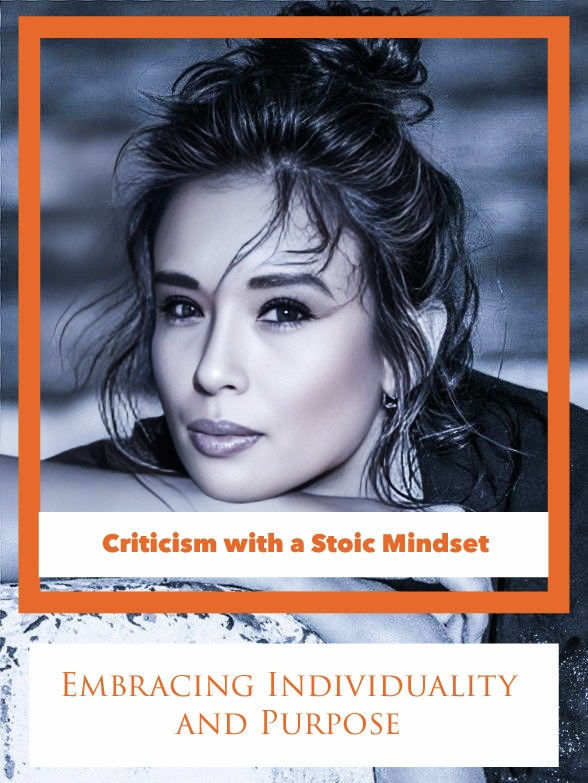
In the fast-paced world we live in, the idea of “don’t force anything” may sound counterintuitive. We’re often taught that success comes from pushing harder, working longer hours, and striving to control every aspect of our lives. However, the ancient Chinese philosophy of Wu Wei challenges this conventional wisdom, offering a refreshing perspective on how embracing the concept of non-action can lead to a more harmonious and fulfilling life.
Understanding Wu Wei in Daily Life:
Wu Wei, often translated as “non-action” or “effortless action,” encourages us to let go of the constant need to force outcomes. It doesn’t mean being lazy or passive; rather, it invites us to flow with the natural course of events, allowing things to unfold without unnecessary resistance. Here’s how the idea of “don’t force anything” can be applied to various aspects of your daily life:
- Navigating Challenges:
Life is full of challenges, and the instinctive response is often to push against them with all our might. Wu Wei suggests a different approach – instead of forcing a solution, take a step back, observe the situation, and trust that the right path will reveal itself. This doesn’t mean avoiding responsibility; rather, it involves a more discerning and mindful approach to problem-solving.
- Relationships:
In our interactions with others, the principle of Wu Wei encourages us to let go of the urge to control or change people. Instead, focus on understanding, acceptance, and allowing relationships to develop organically. By releasing the pressure to force connections or manipulate outcomes, we create space for genuine connections to flourish.
- Work and Productivity:
In the workplace, the temptation to force progress can be overwhelming. Wu Wei invites us to find a balance between effort and ease. Trust in your abilities, set realistic goals, and allow your work to flow naturally. This approach often leads to increased creativity, innovation, and a more sustainable work ethic.
- Creativity and Inspiration:
Creativity is a realm where Wu Wei can truly shine. When faced with creative blocks, instead of forcing ideas, take a step back and allow your mind to wander. Inspiration often strikes when we least expect it, and by adopting a more relaxed approach, you may find that creative solutions emerge effortlessly.
- Stress Reduction:
The constant pressure to force outcomes can contribute to stress and burnout. Wu Wei encourages us to release the grip of control, understanding that some things are beyond our influence. By accepting the present moment and trusting in the unfolding of events, we can reduce stress and cultivate a more serene and balanced state of mind.
Conclusion:
In a world that often celebrates the hustle and bustle, Wu Wei reminds us of the power of ease and flow. By embracing the idea of “don’t force anything” in our daily lives, we can experience a profound shift in how we approach challenges, relationships, work, and creativity. It’s about finding the delicate balance between effort and surrender, allowing us to live more authentically and harmoniously. So, the next time you feel the urge to force an outcome, remember the wisdom of Wu Wei and let life unfold with effortless grace.


